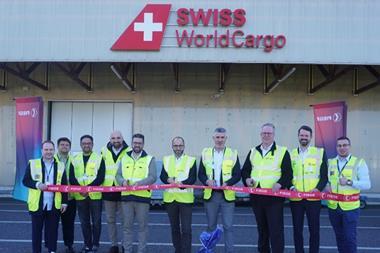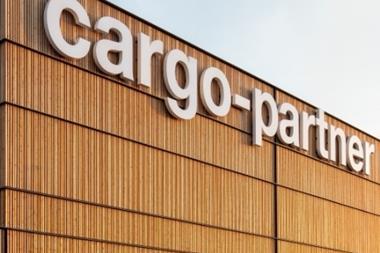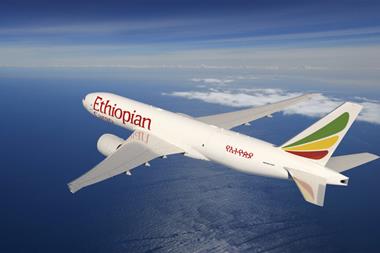Freighter operators should look to niche markets and block space agreements in order to minimise the impact of rate wars on their business.
Speaking at the Caspian Air Cargo Summit in Baku, Silk Way West Airlines senior vice president Pierre Wesner said that all-cargo airlines existed in an overcapacity market but should try to avoid being dragged into rate wars.
He said that passenger airlines sold cargo capacity by the market rate because bellyhold revenues supplemented passenger income. In contrast, freight revenue is the only source of income for maindeck airlines so they should try to avoid being dragged into a rate war.
One way of avoiding this situation was to concentrate on niche routes and avoid — where possible — those routes where there is too much capacity already.
“Freighter capacity has to be sold by putting the capacity in the right place,” Wesner said. “Freighter capacity must continually be relocated, continually checking if your capacity is still in the right places, in the right trade lanes and on the right continents.”
However, he admitted this type of geographical optimisation had its limits for airlines with larger fleets.
In this case, they should look to fill capacity through different types of business.
“For example,” he said. “As a freighter operator we are going to more block space agreements (BSA). We presently have 50%-60% of our capacity in BSA.
“First of all it saves you a lot of sales force because you are selling big chunks rather than kilo by kilo.
“Also, it is often argued that this has lower kilo rates than day-to-day sales but what is more important: sky high rates today and tomorrow a low one, or a steady income each year?”
He added that it was the duty of the management team to try and keep the airline out of any rate wars.
“I know how difficult that is because you have to be present in all the main markets so you will hit competition situations here and there,” Wesner said.
“Nevertheless, there is a duty to minimise the contact with the famous rate wars. The money on the maindeck business has always been made in niche business.
“So a healthy mixture of niche business and mature market business at all times needs to be present in a maindeck company.”
Wesner also gave his opinion on how to combat the various competitive forces that were challenging the traditional airfreight market.
He said organisations needed to be flexible and creative by employing dedicated and empowered people.
Management has to sponsor this creativity by putting the right people in place and creating a company climate that favours creative discussions and development.










